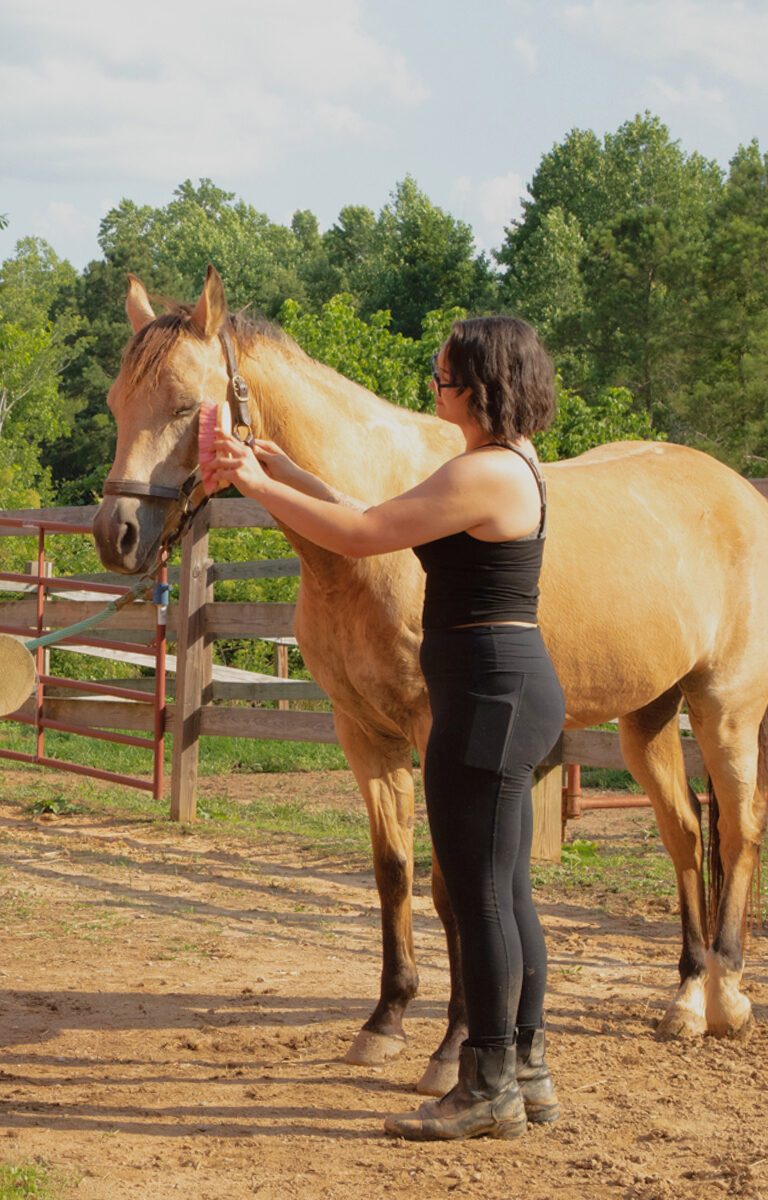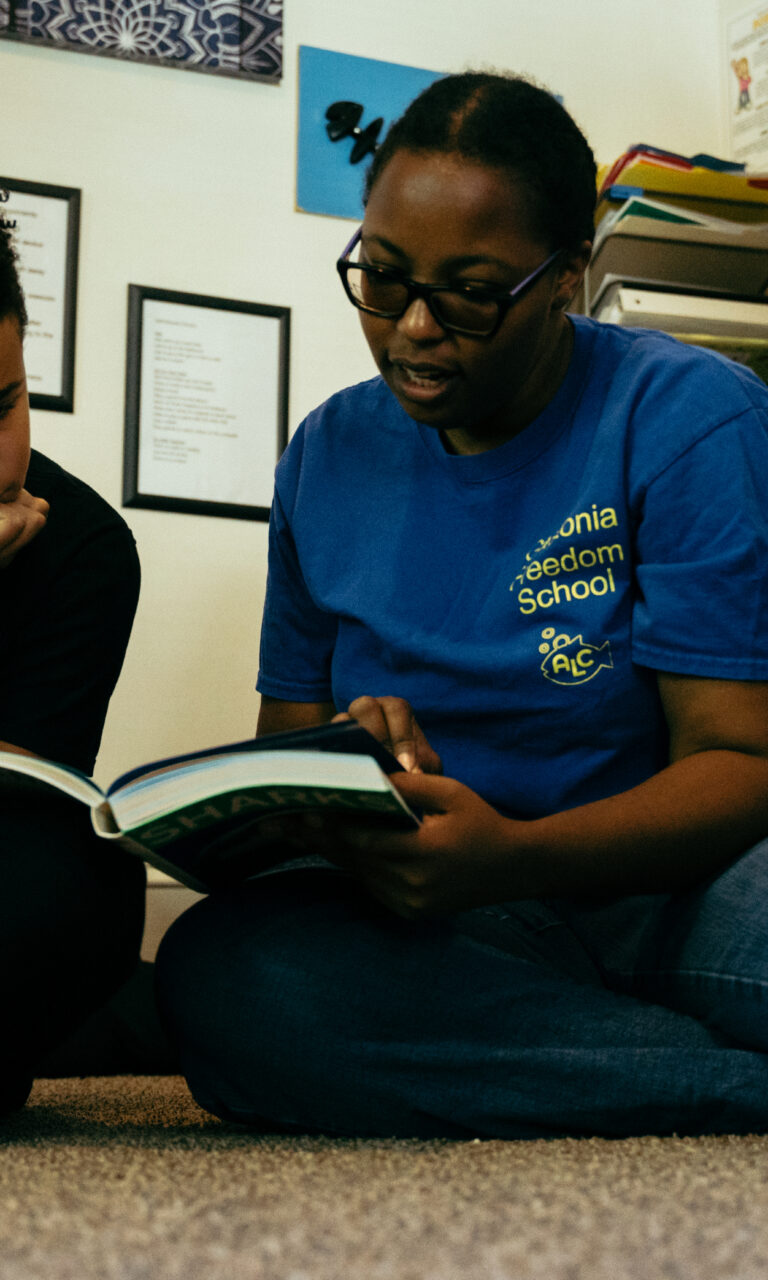Share
Independent meaningful learning looks unique for each family. What makes this alternative approach to conventional education so enriching is that it centers collaboration, reflection, and iteration. We’re always learning how to better support our young ones in different points of their—and our—lives and improving each step of the way.
Whether your family is seasoned practitioners or just starting out, these recommended reads will enrich your journey in independent meaningful learning. These books offer personal insights, practical advice, valuable perspectives, and research to help you navigate this self-directed educational path with confidence.
Why Are You Still Sending Your Kids to School, Blake Boles
When it comes to learning, what’s more important than fostering our young learners’ autonomy, creativity, and critical thinking? This book is an insightful and comprehensive must-read for anyone just starting to dip their feet into alternative approaches to the conventional school system, whether that’s self-directed learning, homeschooling, or unschooling.
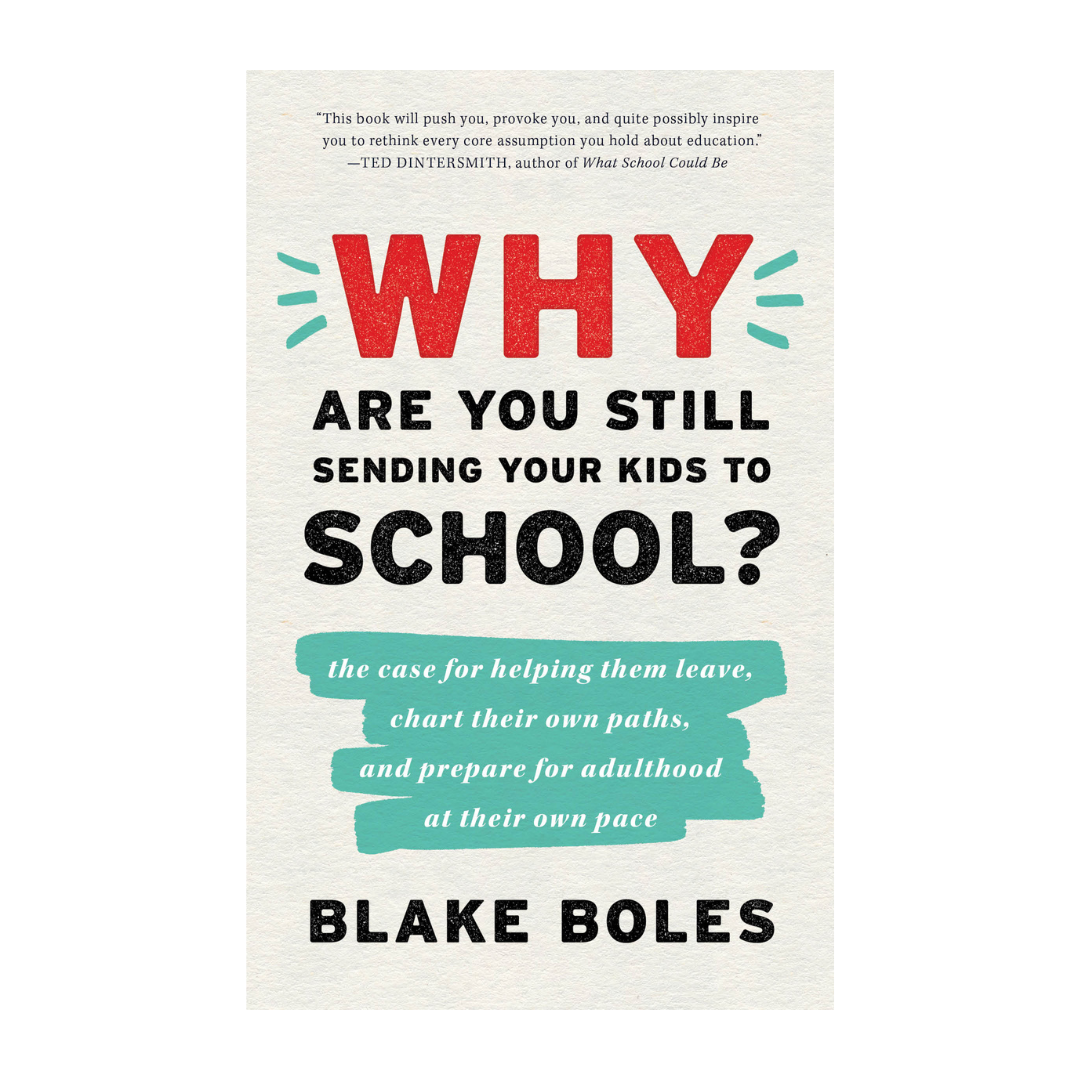
Free To Learn, Peter Gray
When it comes to the development of our children, free play and self-directed learning are vital—directly correlating with academic success, emotional well-being, and social skills. Drawing upon extensive research and personal anecdotes, this book explores the ways traditional schooling hinders children’s natural instincts to explore, create, and learn autonomously.
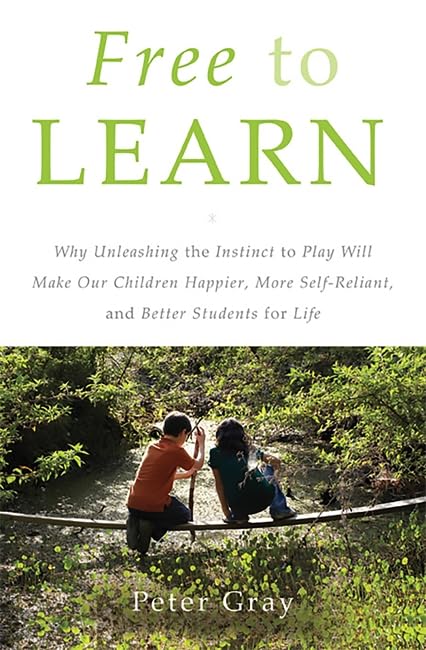
The Book of Learning and Forgetting, Frank Smith
There is a long history of learning theories that have influenced our current education system, leading to schooling that stifles young people’s natural curiosities and autonomy. This book provides an in-depth look into the science behind learning, the “science” behind what is often practiced in schools, and the mindset needed to create learning experiences that are truly meaningful.
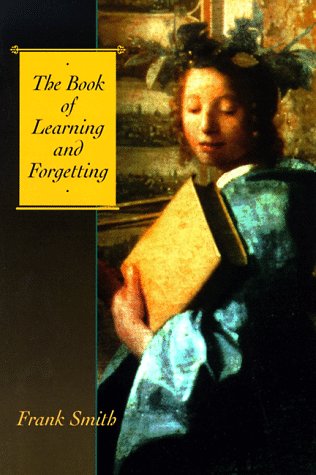
Unconditional Parenting, Alfie Kohn
Many common parenting practices, such as rewards and punishments, fail to promote healthy child development and nurturing relationships. This book provides practical strategies and insights to help parents shift their mindset and embrace a more empathetic approach to parenting based on trust and mutual respect.
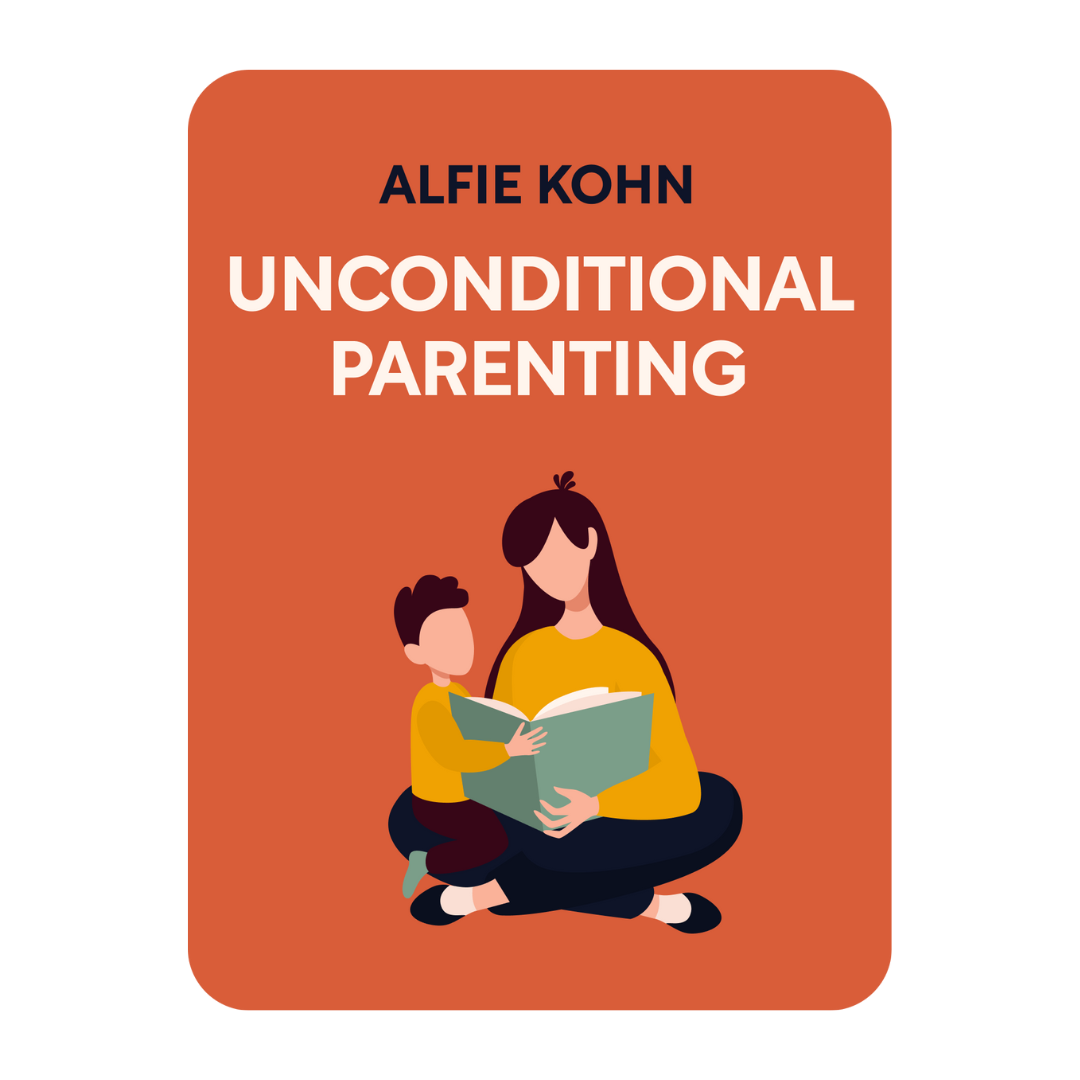
Raising Good Humans, Hunter Clarke-Fields
Modeling self-compassion and self-awareness to our young people has a significant impact on their ability to empathize, make responsible decisions, and communicate their needs. Starting with the crucial infant years, this book is a practical and insightful guide to mindful parenting, offering strategies for breaking the cycle of reactive parenting in order to raise compassionate, confident, and, ultimately, whole children.
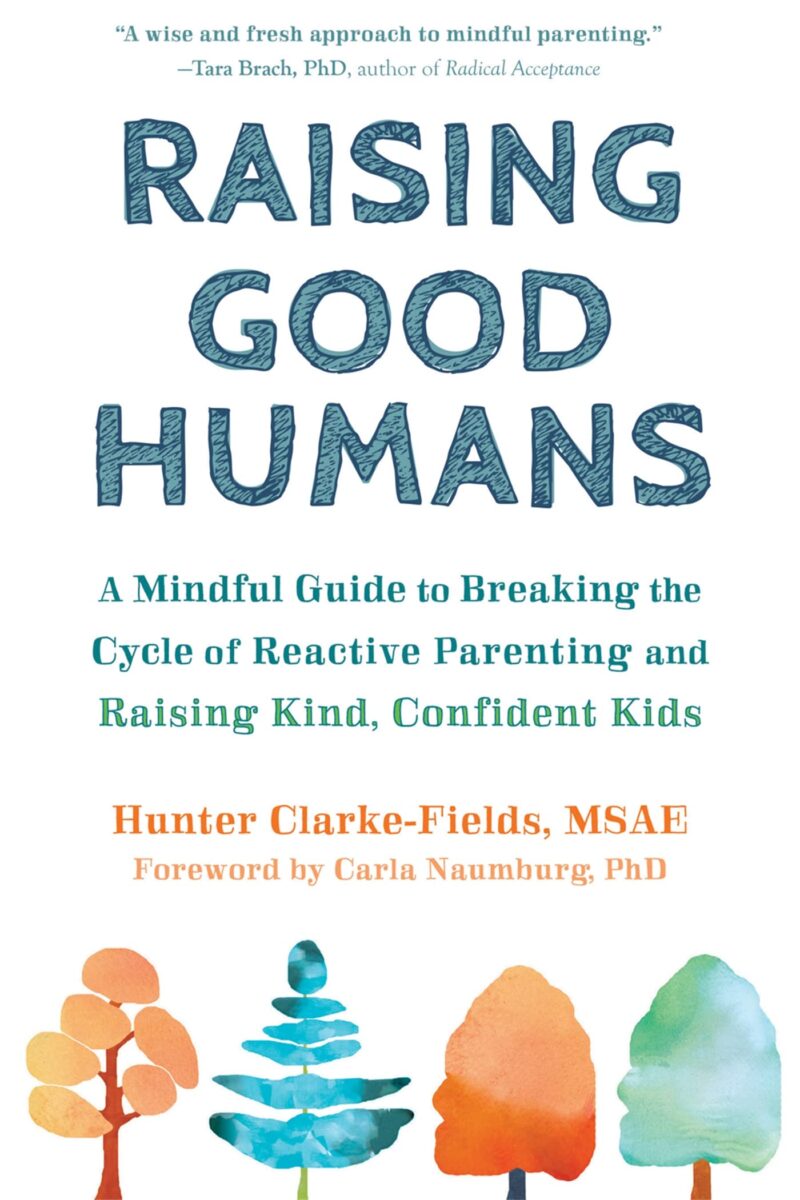
Raising Free People, Akilah S. Richards
What happens when we practice independent thinking, collaboration, and accountability with our children, rather than control and coercion? They grow up to be free people. This book is an insightful read that empowers parents to break free from the conventional mindset of parenting that centers obedience and work towards honoring our young people’s autonomy and self-determination.
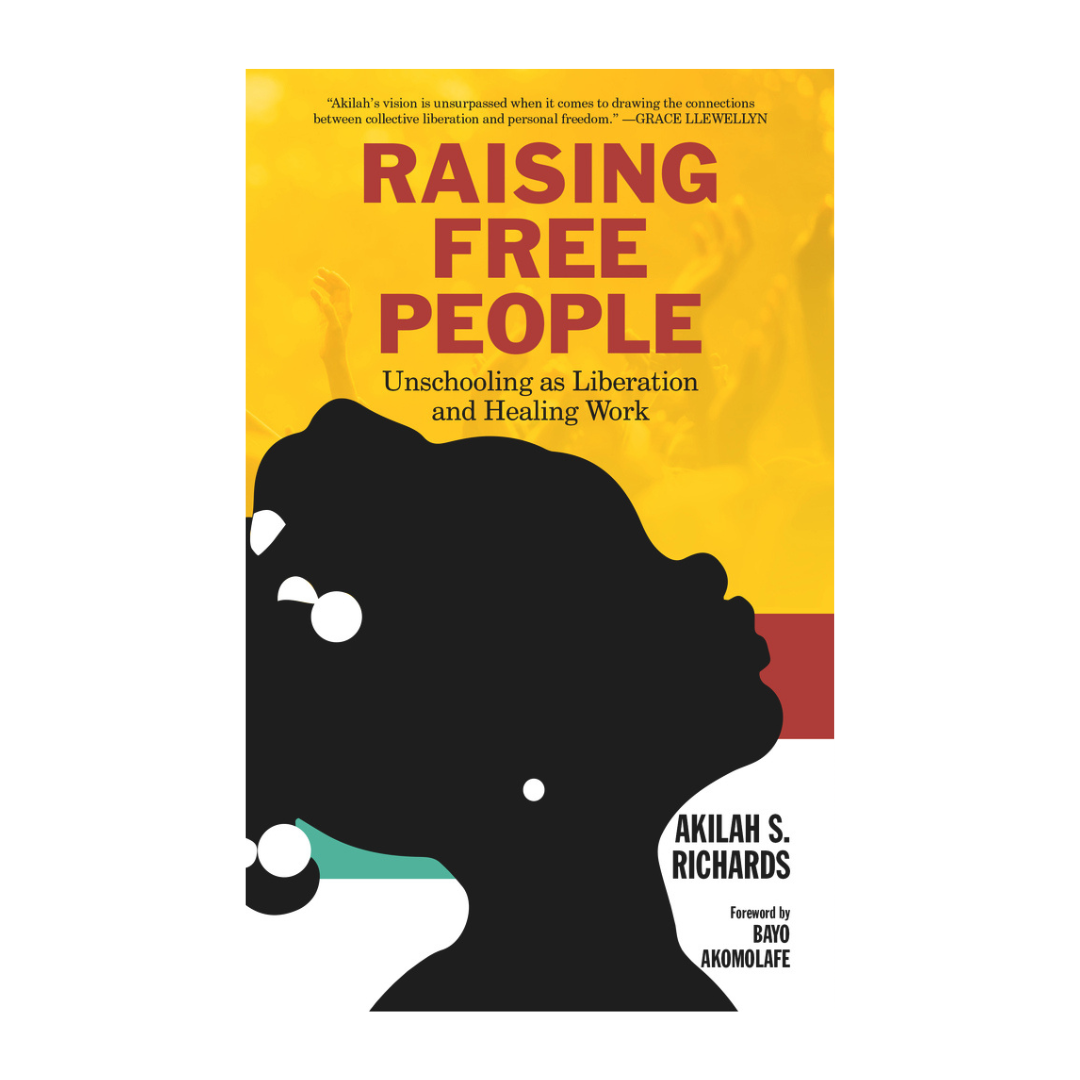
Untigering, Iris Chen
What does it look like to reparent ourselves, intentionally choosing to break away from the parenting practices we‘ve grown up with that fail to foster self-worth, mutual respect, and autonomy? This book challenges tiger parenting, a common parenting model (especially within many Asian families) that utilizes extreme control and discipline—and in turn, offers a perspective on parenting that honors both individuality and aligned family values.

Changing Our Minds, Naomi Fisher
Our life experiences, both positive and negative, carry lessons that are valuable for our growth. A comprehensive guide on how to process and address disregulated emotions, relationship issues, and traumatic experiences, this book empowers people to become active agents in their own healing process–parents included.
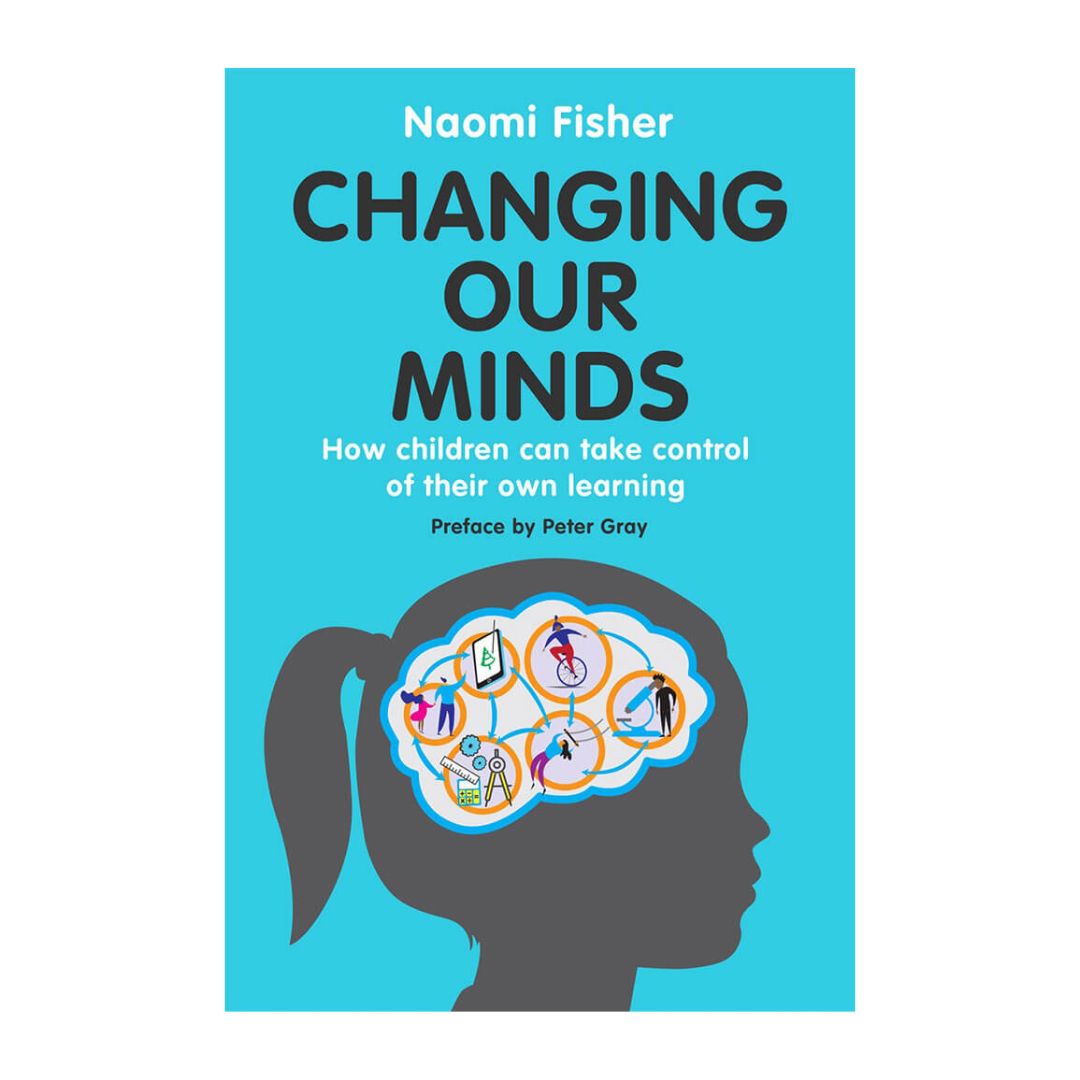
Have questions or feedback?
Reach out at hello@weareborntolearn.org or click the link below to join our Facebook community to talk more.
